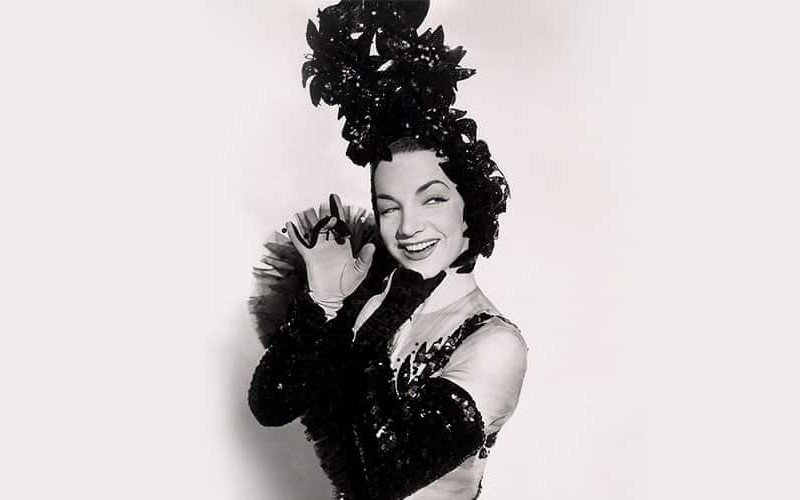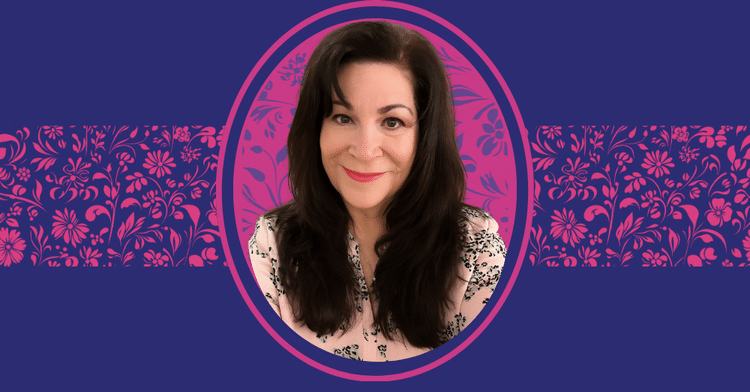Meet Angelique Sina of Café Ama, Offering Cafecito with a Side of Social Impact
Café Ama is a Puerto Rican social impact coffee brand where each bag of coffee sold benefits the SEEDS youth entrepreneurship program by the non-profit Friends of Puerto Rico.

Founded in 2019 by Angelique Sina, Café Ama is a Puerto Rican social impact and ethical coffee brand where every bag of coffee sold benefits the SEEDS youth entrepreneurship program by the non-profit Friends of Puerto Rico. But there’s more.
This non-profit works to develop young entrepreneurs through their program while also giving back to local farm workers and their communities on the island.
Through Café Ama, Angelique has been able to work with Puerto Rico’s youth to teach them about entrepreneurship while building a coffee brand with exceptional taste. The coffee is sourced locally and once it is packaged and processed, young participants of the SEEDS youth program go through business practices like marketing and selling the coffee while keeping 100 percent of the proceeds in their local communities.
We talked to Angelique Sina about Café Ama and its amazing accomplishments. Inspiring is an understatement.
The following Q&A has been lightly edited for clarity and flow.
How did you get started and what inspired you to start your business?
We officially launched Café Ama Love in 2019, however, I have been a farming enthusiast since age seven and a coffee fanatic since I started college in 2006. I decided to merge my three passions: love for coffee, combating the cycle of poverty in youth, and my desire to farm and grow the land.
What is some advice you can offer aspiring entrepreneurs?
There is no elevator to success, every day you need to hustle and work hard to turn those dreams into goals and then into reality.
What are some challenges you faced that you didn’t expect as an entrepreneur? What are some challenges you did expect?
I did not expect for social media to be our essential driver for engagement and sales. I did expect the market to be so competitive. Both taught me that differentiation is key.
What resources do you recommend for someone looking to start their own business?
Research what’s out there, how will you be different and how can you create a network of mentors, advisors and alliances to help you grow your business?
How do you balance self-care and managing a business?
I take short breaks and put an out office message that is specific enough to let people know I am off the grid. This helps me recharge and get back to the grind upon my return.
What are some unique challenges that you face as a Latina business owner?
As a Latina business owner we need to work harder and we have to prove ourselves every day. On some occasions our skin color can work in our favor or against us.
What aspirations or goals do you have for your business?
My aspiration for my business and coffee brand is for us to be able to offer an added value through our social impact component that allows us to compete with the larger brands.
Tell us more about your products and where you source your materials/ingredients from.
We have purchased our own farm and will begin growing and sourcing our coffee beans. We currently buy from small farmers and family run companies. This way we can support more families and increase our impact footprint.
jWhere can we follow and support you and your business adventures?
@cafeamalove @angelissina on Instagram
___________________________________
This interview is part of the Luz Media’s The Present is Latina: Small Business Saturday series. This series highlights the accomplishments of Alpha Latinas making a difference in their communities through their small businesses. Interested in being featured? Email us.




